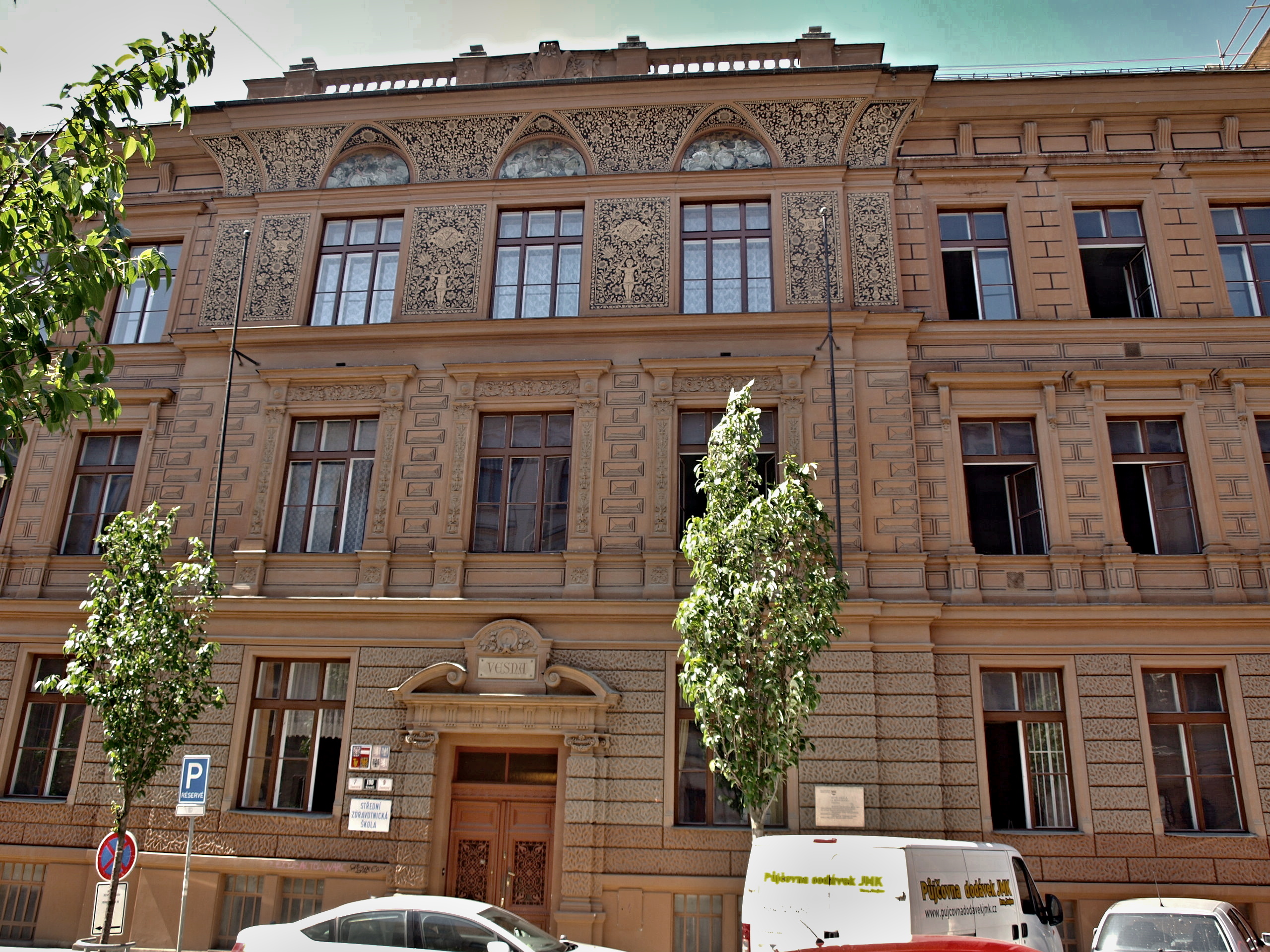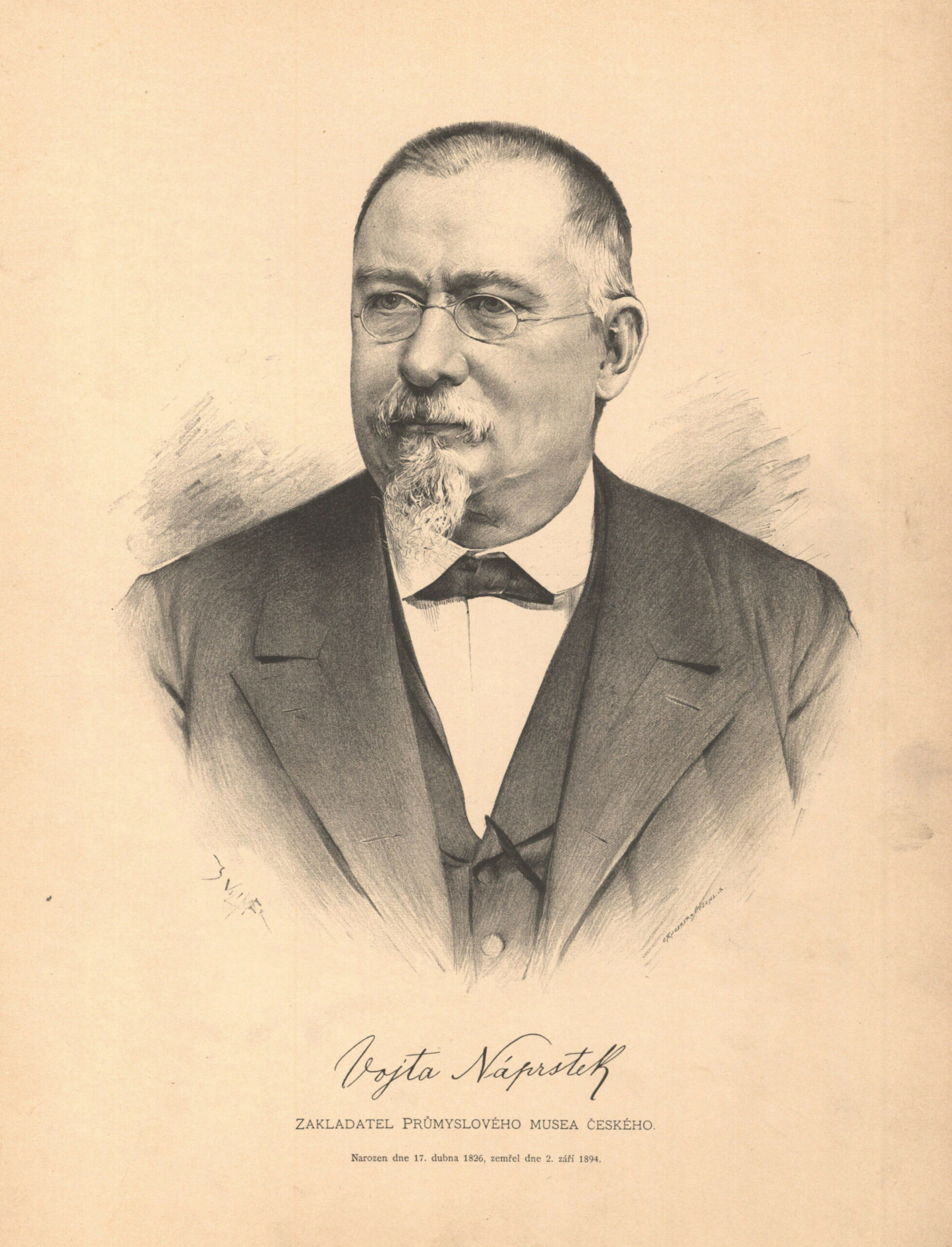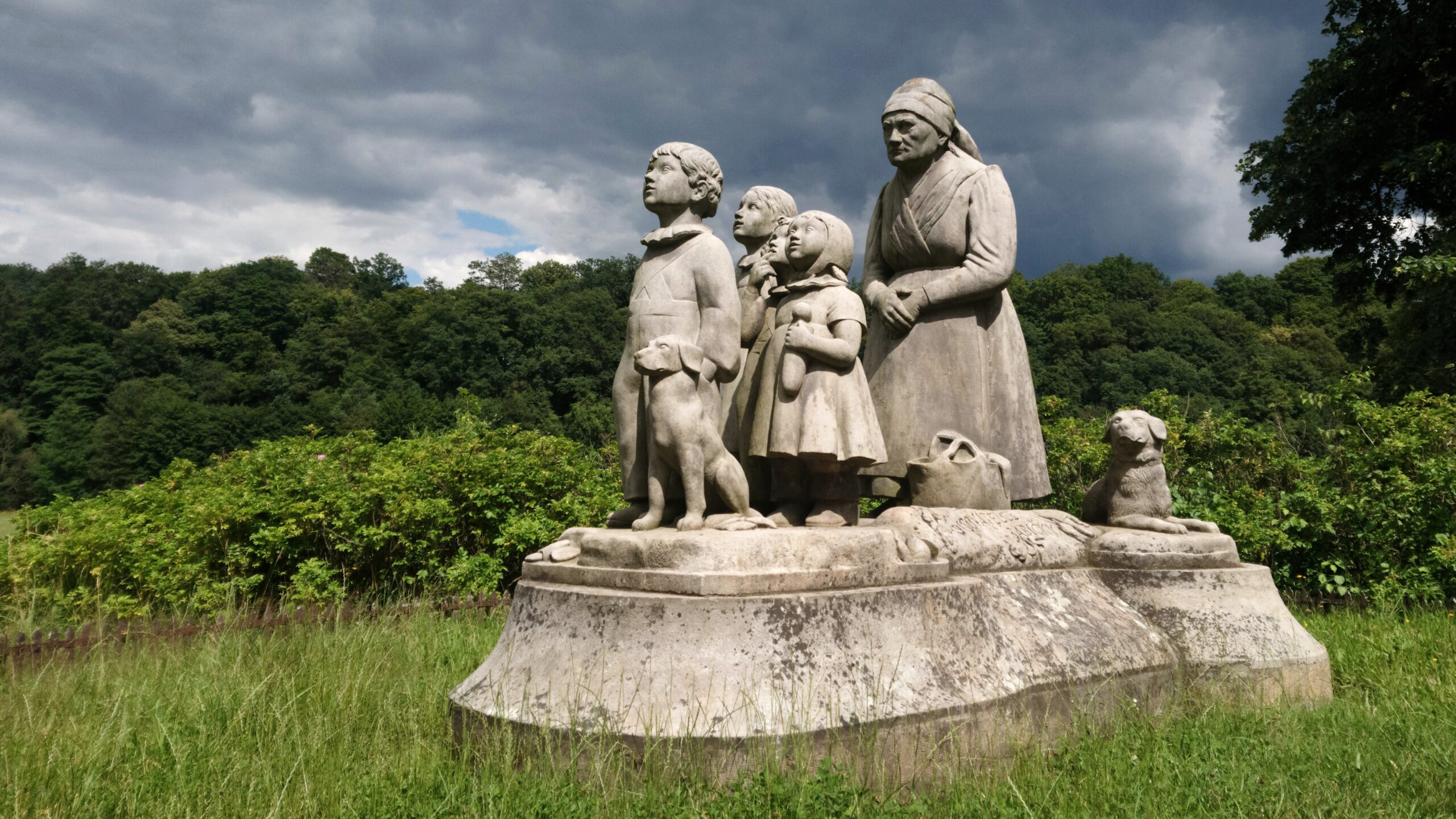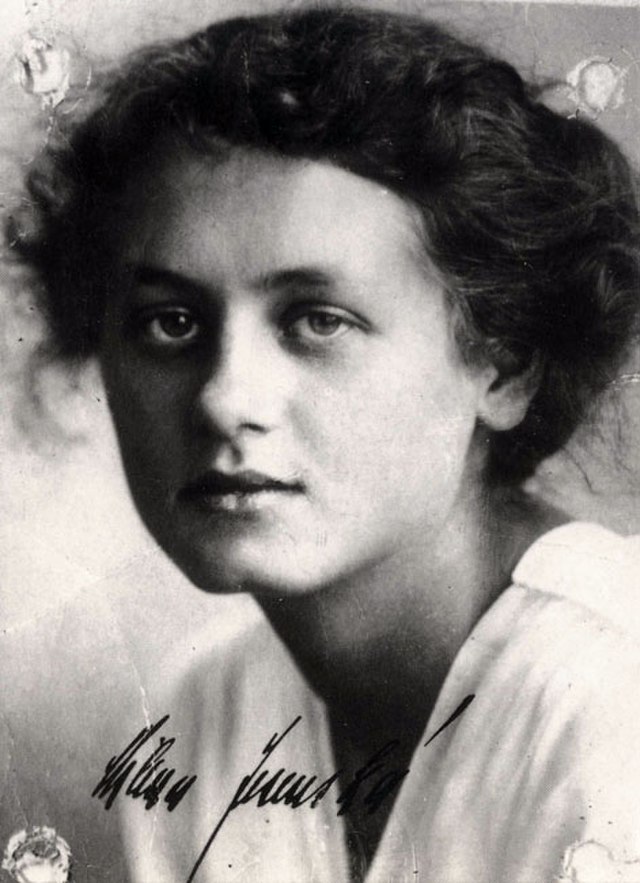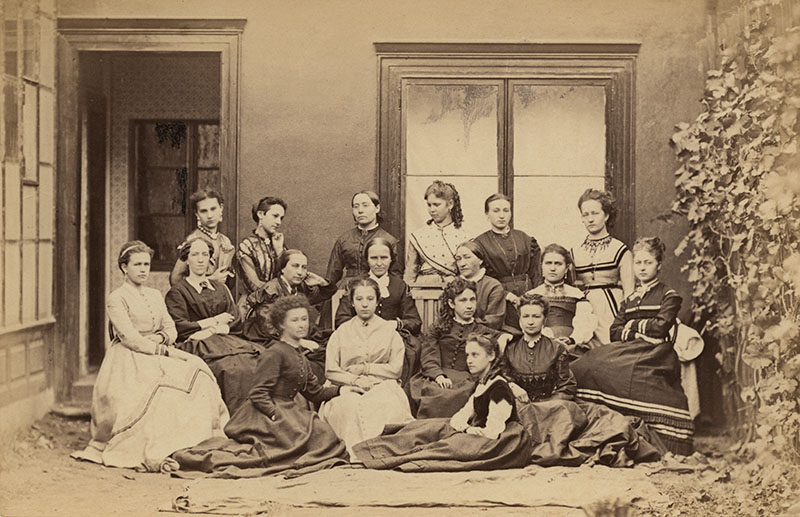
Women education in Czechia – Brno
Czech figure of the „The emancipation of women” topic
The origins of women’s emancipation in the Czech lands are related to the national revival of the first half of the 19th century. Efforts to oppose Austrian rule and German culture substantially influenced the status of women. The maternal and educational role of women began to be viewed by patriots as vital for shaping the national direction of future generations. The women of the bourgeoisie, in particular, were a witness to brand new opportunities and became an integral part of the national movement. Particularly, cultural activities provided opportunities for female writers such as Božena Němcová, Eliška Krásnohorská or Karolína Světlá. These women were celebrated as “mothers of the nation” while simultaneously bringing in “female experience” and the issues of women’s status into the public domain.
At the same time, the emerging women’s movement mattered from a dual perspective, combining both women’s and national movements. The main subject of the emancipation movement of the 19th century in Europe was the education of women, with an emphasis on education in Czech language in the Czech lands. One of the first opportunities granted for women came from ethnographer Vojta Náprstek, who having been inspired by American counterparts founded the first Czech women’s association, that is the American Ladies‘ Club (1865), which became the centre of the Czech emancipation movement in the second half of the 19th century.
Thanks to the demands of national and women’s movement in the case of educating women, girls‘ schools started to emerge in the Czech lands earlier than elsewhere in Europe. Founding of such schools was frequently initiated by women’s associations, for instance by Vesna in Brno (1886) and by Minerva in Prague (1890), where the first gymnasium in the monarchy was founded. These schools formed several successful women, including journalist Milena Jesenská. During the First Republic period she published for several leading newspapers and her texts still offer reflections of cosmopolitan interwar society and the longing for gender equality.
Women’s education played a pivotal role in the origins of the Czech women’s movement and was precondition for the formulation of political demands for gender equality. In historical memory, the origins of women’s emancipation are close-knit with the culture of national revival, with the works of Czech female writers and their personal lives remaining a popular subject in discussions of women’s status in Czech society.
Facts


